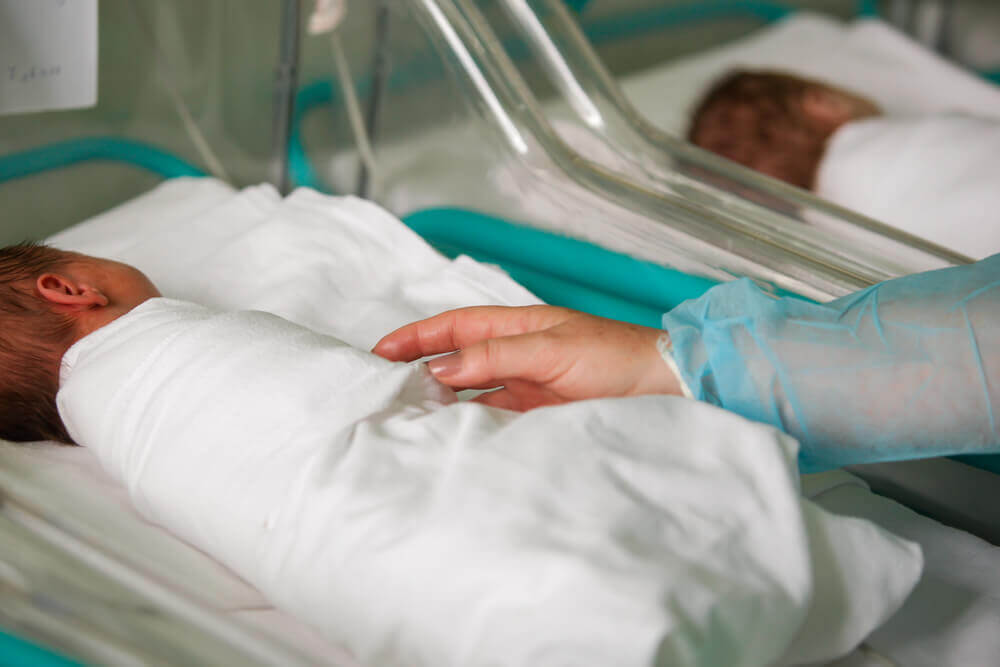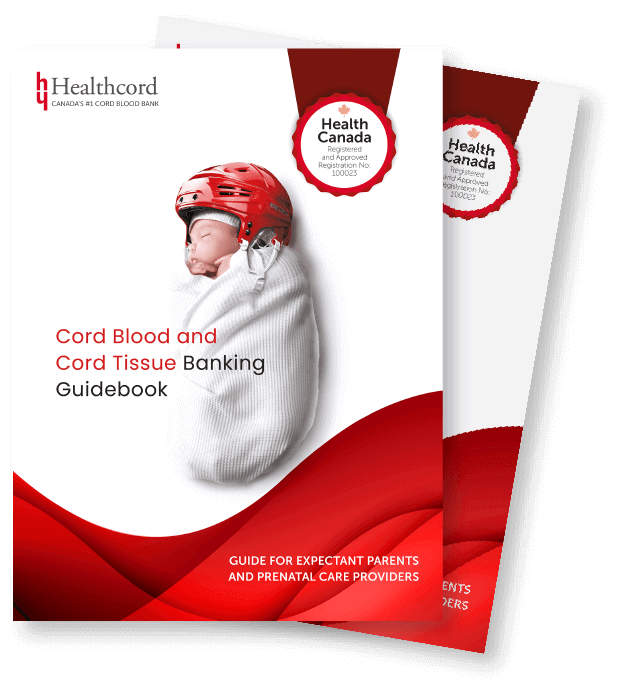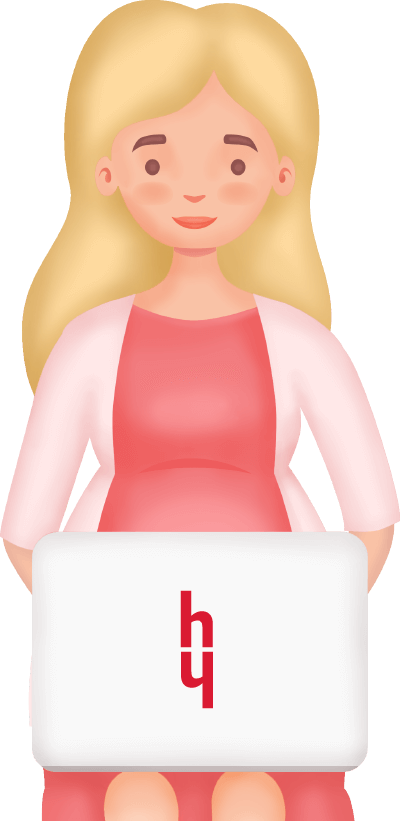
Study to look at using umbilical cord stem cells to tackle brain damage

We are highlighting the latest development in newborn stem cell research, where a group of scientists from around the world are exploring the potential of cord tissue stem cells to tackle brain damage in preterm babies.
Preterm babies
According to estimations by the WHO (World Health Organization), about 15 million babies are born prematurely each year, which amounts to about 1 in 10 babies that come into the world before they reach 37 weeks of gestation. Exact causes of premature birth are not well understood. We know is that certain factors like smoking, high blood pressure, diabetes, and stress can increase the risk of preterm birth.
Fortunately, we now live in a world where babies born as early as 24 weeks have a pretty good chance of survival. However, this does not mean these preemies are not at higher risk of health complications like brain damage associated with premature birth. The problem is that while the medical breakthroughs we’ve made can keep these preemies alive, we don’t have the necessary means to prevent long-term health complications.
Encephalopathy of prematurity
The PREMSTEM research group will be using their funding to explore if they can use stem cells to treat encephalopathy of prematurity (EOP), a type of brain damage that happens in babies.
Premature babies are at higher risk of brain damage because their lungs are not fully developed. So their bodies can’t effectively provide oxygen to cells, which leads to dying cells, especially in the brain, leaving them vulnerable to neurological damage.
Rebuilding the brain with stem cells
In this study, researchers plan to use mesenchymal stem cells, a type of stem cells found in the umbilical cord tissue, to repair the damaged areas of the brain. Stem cells are early-stage cells that have an unlimited capacity to grow and divide.
What’s even more interesting is that the researchers propose using newborn stem cells from the umbilical cord itself in this study. We now recognize that cord blood and cord tissue itself are a valuable, non-invasive way of acquiring stem cells. This is why if you are an expectant parent, you should look into the choice of saving your baby’s newborn stem cells, so your baby has access to their stem cells if needed.
The action plan
The research team is on a five-year project to explore the feasibility of using cord tissue stem cells to treat brain injury. They hope to essentially get a potential therapy ready for clinical trials as well as to develop an imaging tool that doctors will be used to readily identify preemies that are at high risk of brain damage and will need treatment.
According to Dr. Pierre Gressens, the project coordinate or PRESTEM, it is likely their work will be relevant to other types of brain injuries and disorders that affect premature babies.
Reference
News release RMIT University. A lifeline for premature born babies: Funding announced for new stem cell research.
Related Posts

Novel Cord Blood Stem Cell Treatment Leads to HIV Remission


Stem Cell Transplantation Shows Potential in Stroke Recovery









